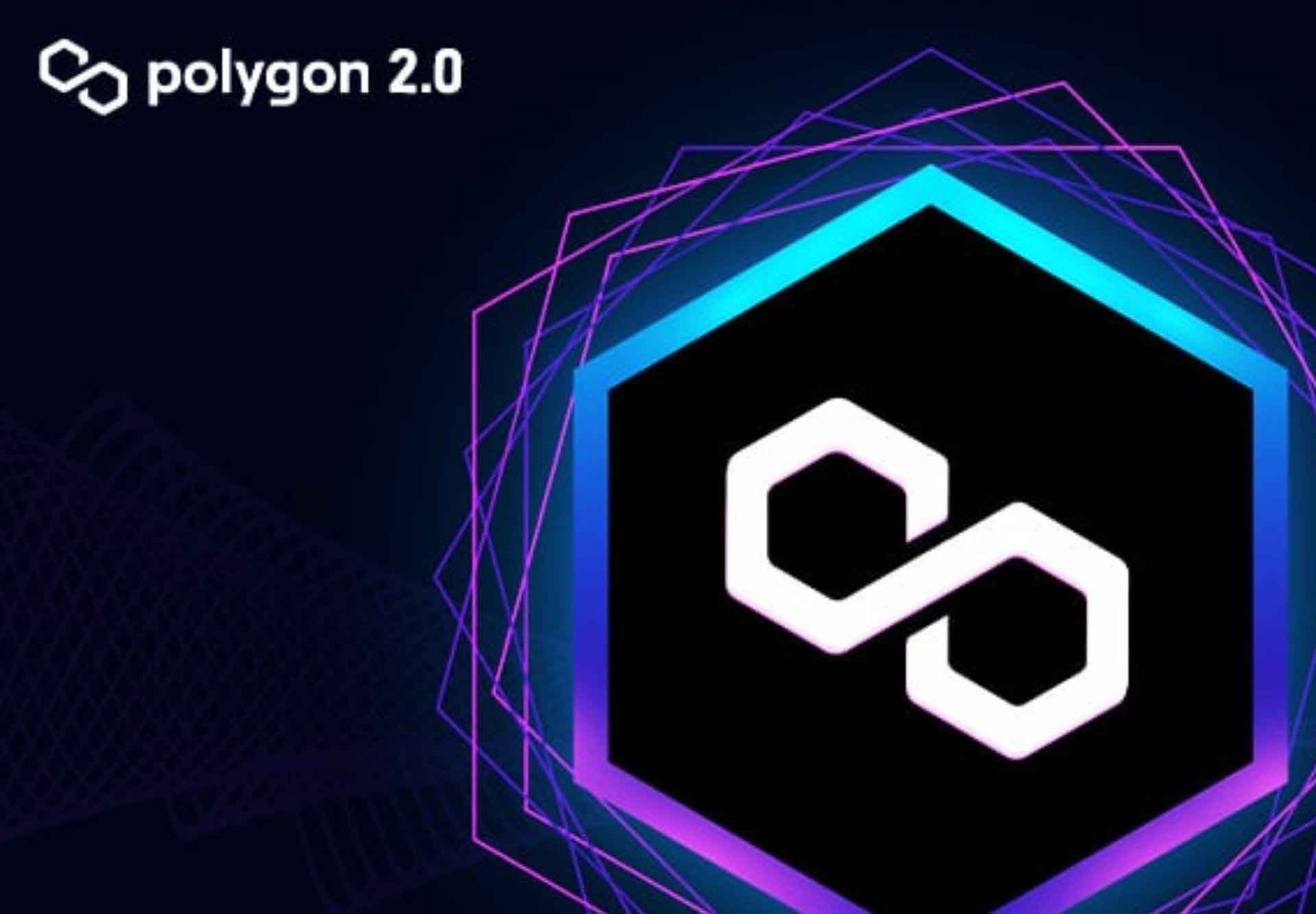Polygon Labs, the architects behind the Polygon network, have unveiled the proposed blueprint for the upcoming “Polygon 2.0” venture. In a blog post dated June 29, the team sketched out a multi-faceted system, comprising four distinct “layers,” interwoven into a mesh of networks, each tethered to Ethereum. Subject to validator approval, Polygon 2.0 is also expected to incorporate an aggregator, streamlining bridge transactions to make them almost instantaneous and indivisible.
The initial announcement for Polygon 2.0 came on June 12, branding it as the “value layer” of the internet, albeit with little detail about the project. Subsequently, on June 20, co-founder Mihailo Bjelic put forth the idea of upgrading the current Polygon network to incorporate zero-knowledge proofs to ensure compatibility with the 2.0 vision.
The June 30 post offers a deeper insight into what Polygon 2.0 would entail. The project’s groundwork lies in the “staking layer” in existence, involving a “validator manager” contract on Ethereum along with an “chain manager” contract for each independent Polygon chain. Future Polygon chains will have the capacity to emerge through the initiation of new chain manager contracts on Ethereum.
The foundational staking layer will be linked to an “interoperability layer,” featuring bridges that interconnect each Polygon chain via Ethereum. The secure functioning of this layer would be ensured by the application of zero-knowledge proofs for authenticating all transfers.
This interoperability layer would also house an aggregator that amalgamates individual zero-knowledge proofs from each bridge into a single proof before dispatching it to Ethereum. This set-up promises to offer frictionless bridge transactions and remarkably lower Ethereum gas consumption for proof verification, as noted by the team.
The pre-existing execution layer, relying on the Erigon Ethereum client, will serve as the third layer of Polygon 2.0. The fourth layer, dubbed the “proving layer,” will facilitate the standardization of the zero-knowledge-proof procedure across all Polygon chains.
Further details regarding each layer will be unveiled in due course, as per the team’s announcement.
However, Polygon isn’t the only one venturing into the multichain ecosystem realm. zkSync Era has publicized its plans to cultivate a network of “Hyperchains,” aiming to roll out a testnet phase by year-end. Optimism is also steering towards creating a “Superchain” in collaboration with Coinbase’s Base network, recently initiating its “Bedrock” upgrade to set the stage for this transformation.

